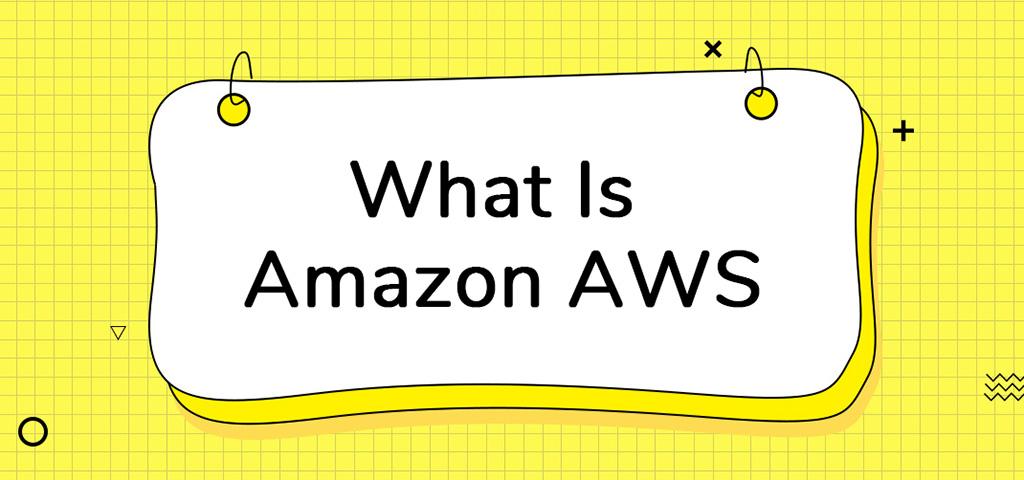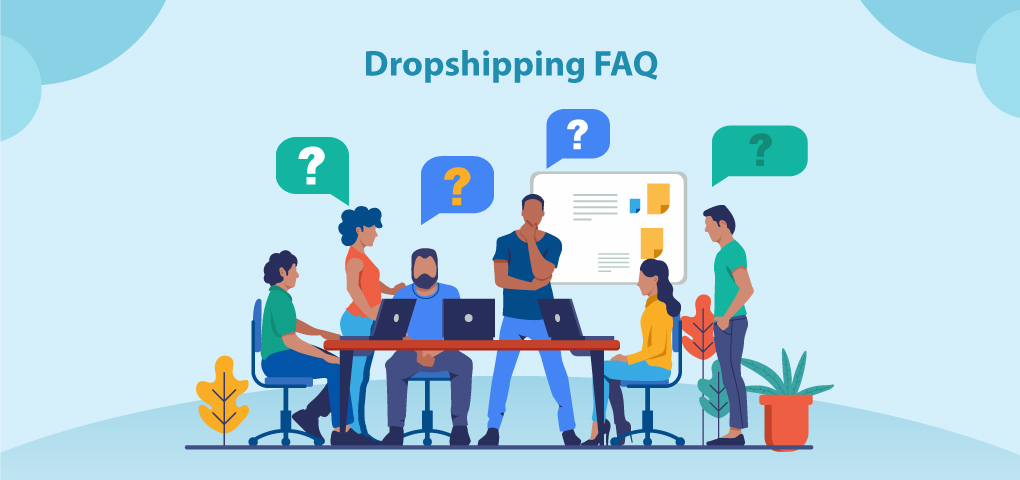In the report, Forrester New Wave: SaaS Marketplaces, Q2 2020, AWS Marketplace is thoroughly evaluated and analyzed. It is recognized as the leader in SaaS cloud marketplaces, differentiated in six aspects by offering friendly buyer interface, easy-to-use management console, complete contract terms, rigorous survey and quality check, and roadmap criteria meeting customers' needs.
The rapid growth of the AWS marketplace has a lot to do with its background, so let's take a look at what Amazon AWS is and the conveniences it brings to us.
1. Background Information
Among all international retail platforms, Amazon's popularity is unquestionable. In March 2019, Amazon APP had 145.2 million mobile users (Statista, 2019). The number dwarfed Walmart, whose mobile APP users are only 76.45 million per month.
In a 2019 survey conducted by Feedvisor, investigating more than 2,000 US customers, 89% of buyers believe that they are more likely to purchase products from Amazon than from other e-commerce sites. Ninety-eight percent shop on Amazon every day or almost every day, and 99 percent shop on Amazon a few times a week.
Whenever consumers need to buy something online that they don't think they can find anywhere else, they log on to Amazon, because they believe that it will meet all their needs. As of April 2019, Amazon has 1,199,928,851 products (Scrapehero, 2019). The largest category is Books, containing 44.2 million products, followed by Electronics (10.1 million) and Home & Kitchens (6.6 million).
According to Amazon, millions of small- and medium-sized businesses around the world are working with it; on average, small- and medium-sized enterprises in the United States sold more than 4,000 items per minute. Interestingly, the sales of SMES account for more than half of the goods sold by all Amazon stores in the world.
As of last year, Amazon had more than 2.5 million sellers (Marketplace Pulse, 2019). On Amazon, there are about 25,000 sellers whose revenues exceed $1 million and another 200,000 sellers' revenues are more than $100,000. There is no doubt that selling on Amazon is a good choice.
It is AWS (Amazon Web Services), impressive technologies that support buyers browsing pages, sellers submitting information, and data collection and classification.
2. Amazon AWS and Benefits
Amazon Web Services is a professional cloud computing service provided by Amazon. Launched in 2006, it provides IT infrastructure services to enterprises in the form of Web Services, commonly referred to as cloud computing. One of its main advantages is the ability to replace upfront capital infrastructure costs with lower costs that can be scaled up in line with business development. It provides computing power, database storage, content delivery, and other functions.
Cloud computing is one of the latest Internet technologies that combine the top brains of human society with the most cutting-edge IT technology. So far, it has become the infrastructure of the Internet and offers computing power, storage, network, security. As the cornerstone of the new generation of Internet computing resources, cloud computing supports almost all the top data processing systems of the Internet. No matter big data or artificial intelligence, as well as all kinds of application scenarios, rely on the infrastructure provided by cloud computing to operate. In addition to the IT industry, cloud computing technology has also been widely applied in government, finance, manufacturing, transportation, logistics, health care, and many other traditional industries.
According to the 2018 State of the Cloud Survey by RightScale, Amazon AWS has more than 1 million customers. Currently, as a public cloud service provider, it is still the first choice of customers, among which 64% of enterprises and 68% of SMBs run their applications on Amazon AWS.
Cloud computing has long been deemed as an asset that only large companies would invest in and which might not be of much use to small and medium-sized enterprises. However, according to statistics 2019, 96% of enterprises are using cloud services in some form. This means that small- and medium-sized enterprises have become the main users of cloud services. One of the most popular cloud service providers is Amazon Web Services (AWS).
As a leader in the international market of cloud computing and a professional supplier, Amazon AWS is regarded as a reference for all competitors. It currently offers 11 certifications covering both basic and professional cloud computing topics. The 12th one will be added in 2020.
3. Amazon AWS Certification
There are 12 available AWS certifications, including foundational AWS certified cloud practitioners; associate AWS certified solutions architect, SysOps administrator, developer; professional AWS certified solutions architect, DevOps engineer; AWS certified advanced networking specialty, security specialty, machine learning specialty, Alexa skill builder, data analytics specialty, database specialty.
However, AWS adds new features and services every year. In its annual meeting in November 2017, re:Invents, Amazon has unveiled some 30 new products and services. In Q4 alone, Amazon AWS added 497 new features and services. A total of 1,430 features and services were launched in 2017 and in 2018, the number was 1,957.
To demonstrate continued expertise and knowledge in the latest best practices in AWS services, certificate holders must apply to recertify every three years. Recertification can be done in either of the two ways: through a professional-level exam to obtain the same certification or recertify the original certification. The exam takes 80 minutes and costs $75.
4. Advantages of Amazon AWS
As mentioned above, more and more small- and medium-sized enterprises are using AWS. What advantages and characteristics does it have?
Flexibility:
Amazon AWS allows users to innovate faster, start-up resources more quickly, and access technologies more easily and quickly on demand.
Extensibility:
Because cloud computing can expand or shrink resources immediately based on the needs of your business, you can preset the resources you need. This reduces costs and improves the ability to meet user needs.
Cost reduction:
Amazon AWS will only charge you for the services you use. This means you can reduce or eliminate infrastructure and hardware related costs. Although it means that you have to pay for the costs of administration and system administration, in the long run, it is more cost-effective than any type of internal setup.
With cloud services, variable fees can be exchanged for capital charges (data centers, physical servers, and so on) and paid only for the IT technology used. Besides, because of the large economic scale, the costs are much lower in comparison with companies deploying on their own.
Hosting services:
It is believed that some SMEs do not use cloud services due to concerns in technical and system maintenance, however, this is not true. Many suppliers offer Amazon AWS hosting, which avoids the technical complexity of your business. "Amazon AWS hosting allows enterprises to adopt a flexible (a software development approach that emphasizes short iterative planning and development cycles) and DevOps (development + operations) approach without increasing the technical burden of infrastructure management and delivery teams," said an AWS principal. AWS customers are often able to reduce infrastructure costs and improve development efficiency with the support of our team of certified AWS engineers."
The system is usually very flexible, so you can choose to fully outsource the technical aspects of your operations to a professional hosting company, or to rely solely on professional engineers to handle more complex technical challenges.
Support e-commerce business:
AWS provides solutions for companies focused on e-commerce and online sales. Of course, its web hosting speed and reliability are also important factors to choose it, including effective transaction management. For example, integrating The Amazon Merchant account technology makes it very easy to manage orders without human support.
Global coverage:
Both large multinational companies or small start-ups might attract potential customers around the world. With cloud computing, users can easily deploy the application in 9 Amazon AWS regions or any one of them. In other words, Amazon AWS can provide your customers with lower latency and a better experience at the least cost.
Wrapping up
Today, more and more small- and medium-sized enterprises choose to use amazon AWS because of its convenience and flexibility. If you've been looking for a cloud-based service because of your business growth, Amazon AWS might be a good choice for you.




